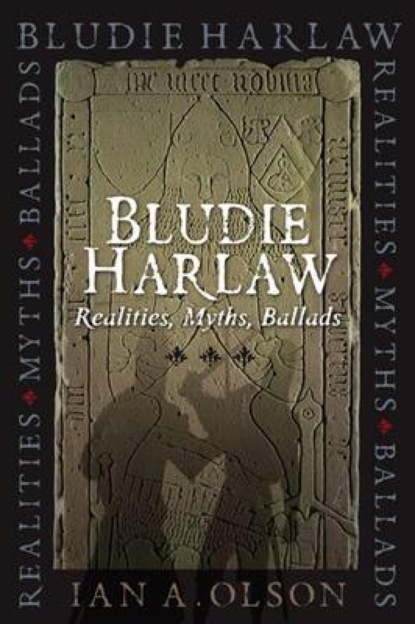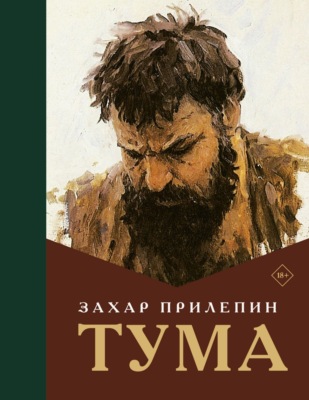Umfang 230 Seiten
Über das Buch
In the summer of 1411, the ageing Donald of Isla, Lord of the Isles, invaded mainland Scotland with a huge, battle-hardened army, only to be fought to a bloody standstill on the plateau of Harlaw, fifteen miles from Aberdeen, a town he had threatened to sack. One of the greatest battles in Scottish history, described by hardened mediaeval chroniclers as 'atrocious', 'Reid Harlaw' left some 3,000 dead and wounded. Dismissed by Scott as a 'Celt v. Saxon' power struggle, it has faded from historical memory, other than in the north-east of Scotland.Written records in Latin, Scots, Gaelic and English are presented in their original form, and with transcriptions and translations. Two major ballads are analysed, one contemporary, and one fabricated over 350 years later – which is still sung. Lowland views dominate, because of the loss and destruction of Highland records, notably those of the Lords of the Isles themselves. The histories themselves fall into two groups – those written at or around the time, and those composed some 300 years later.These later accounts form the basis of most modern descriptions of the battle, but they tend to be romantic and highly imaginative, creating noble order where chaos once existed.











